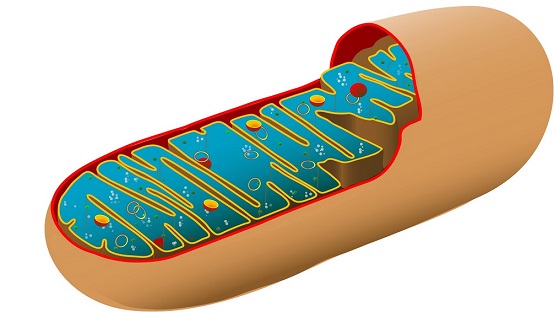All Science News

IMBB researchers reveal a novel mechanism regulating metabolism and ageing
Research at the Institute of Molecular Biology and Biotechnology, published today in the international scientific journal Nature, reveals a novel molecular mechanism that regulates cellular metabolism and ageing.
Ageing and senescence are complex processes that dramatically impact human health and society. Although ageing is a fundamental biological phenomenon and is experienced by the vast majority of living organisms, it remains poorly understood. Which molecular mechanisms are responsible for cellular and organismal ageing and senescence? How are these mechanisms regulated? Elucidation of the basic molecular mechanisms underlying the progressive decline in cellular function that accompanies ageing and eventually leads to senescence will have an immediate impact on the design of novel interventions that could reduce or delay age-related deterioration in humans.
By using the simple nematode worm Caenorhabditis elegans, IMBB researchers Marta Artal-Sanz and Nektarios Tavernarakis, have discovered a previously unknown link between mitochondria, cellular metabolism and ageing.
With their study, the IMBB researchers demonstrate that two specific mitochondrial proteins, called prohibitins, promote longevity by modulating mitochondrial function and fat metabolism in the nematode Caenorhabditis elegans. Prohibitins are ubiquitous, evolutionarily conserved proteins, which form a ring-like complex at the inner membrane of mitochondria, the energy-generating organelles in cells. Mitochondrial dysfunction underlies numerous severe human disorders, such as several types of cancer, type-2 diabetes, neurodegenerative disorders (Parkinson's disease, Alzheimer's disease, others), various myopathies, stroke, etc. Key organs and tissues, such as muscles, nerves and the brain, heart and liver, among others, may be affected, eventually causing multiple organ failure and death.
The investigators at IMBB have found that loss of the mitochondrial prohibitin complex influences ageing in sharply opposing ways: shortening lifespan under normal conditions, while significantly extending lifespan under stress, low insulin signalling or dietary restriction. The mitochondrial prohibitin complex promotes longevity by regulating fat metabolism. The opposing effects of prohibitin depletion on longevity indicate that specific cellular mechanisms may differentially regulate ageing, depending on extrinsic or intrinsic signals. Integration of such diverse signalling inputs is required for the fine-tuning of cellular metabolism towards maximal survival, which is the molecular basis of longevity. Artal-Sanz and Tavernarakis have found that the paradoxical, apparently conflicting, consequences of prohibitin deficiency on ageing are a result of the differential influence of prohibitin on cellular metabolism and energy production by mitochondria during ageing, under different conditions.
The IMBB researchers propose that prohibitin normally promotes longevity by acting as a brake on the worm’s energy supply — moderating fat use and energy production. But under adverse external conditions, such as limited nutrient availability, energy demands outstrip supply and life lasts longer without such a ‘brake’.
Given that basic metabolism and mitochondrial function in higher organisms, including humans are remarkably similar to those in the nematode, it is highly likely that these processes influence ageing via the same mechanisms in these organisms.
The novel findings reported by IMBB investigators highlight the complexities and intricacies of the ageing process by showing that specific interventions or manipulations may result in entirely different and even opposite outcomes in different individuals, depending on extrinsic or intrinsic factors.
Therefore, the conclusions of the study are highly relevant to ageing research in humans and to the successful development of novel, targeted and personalized therapeutics towards battling numerous devastating, age-associated pathologies such as cancer, cardiovascular and neurodegenerative disorders.
For more information please contact:
Dr. Nektarios Tavernarakis
Research Director, (+30-2810-391066; tavernarakis@imbb.forth.gr)
Relevant links:
http://www.imbb.forth.gr/worms/
http://www.nature.com/nature/








